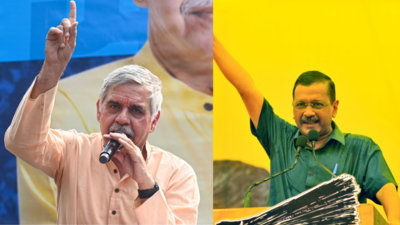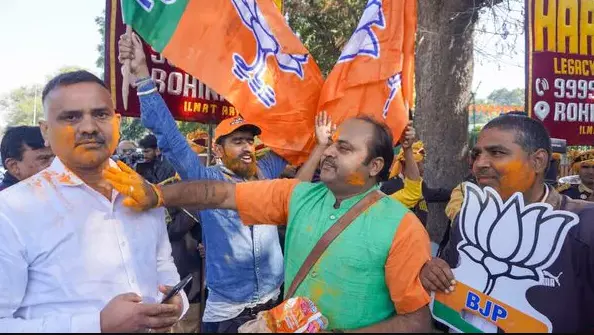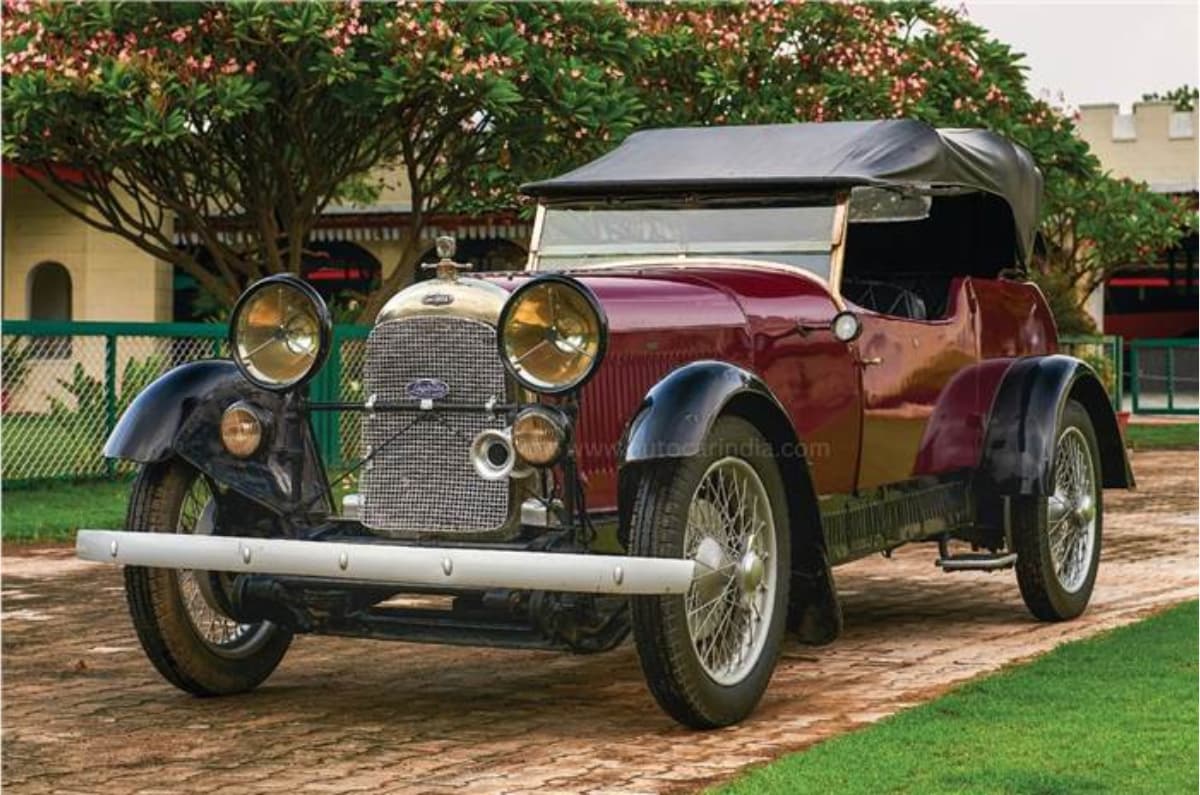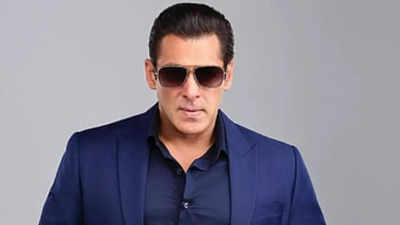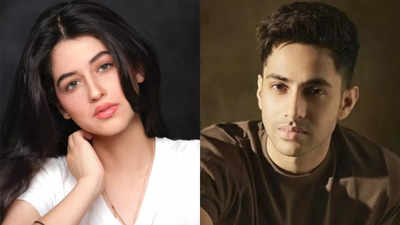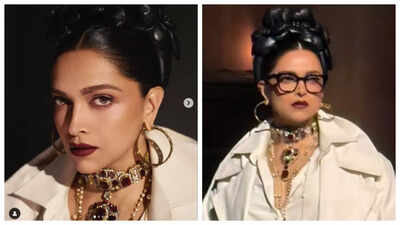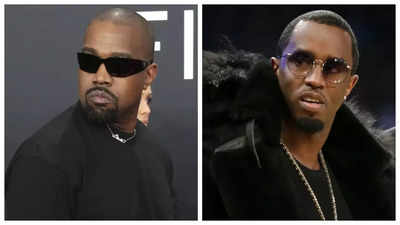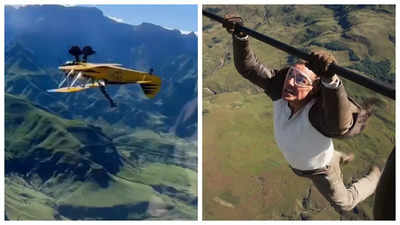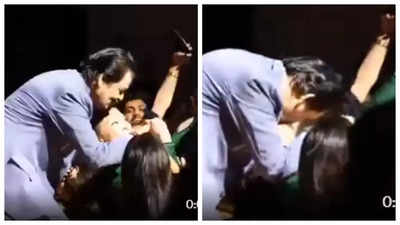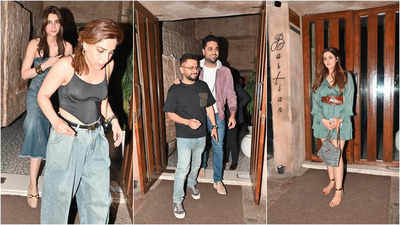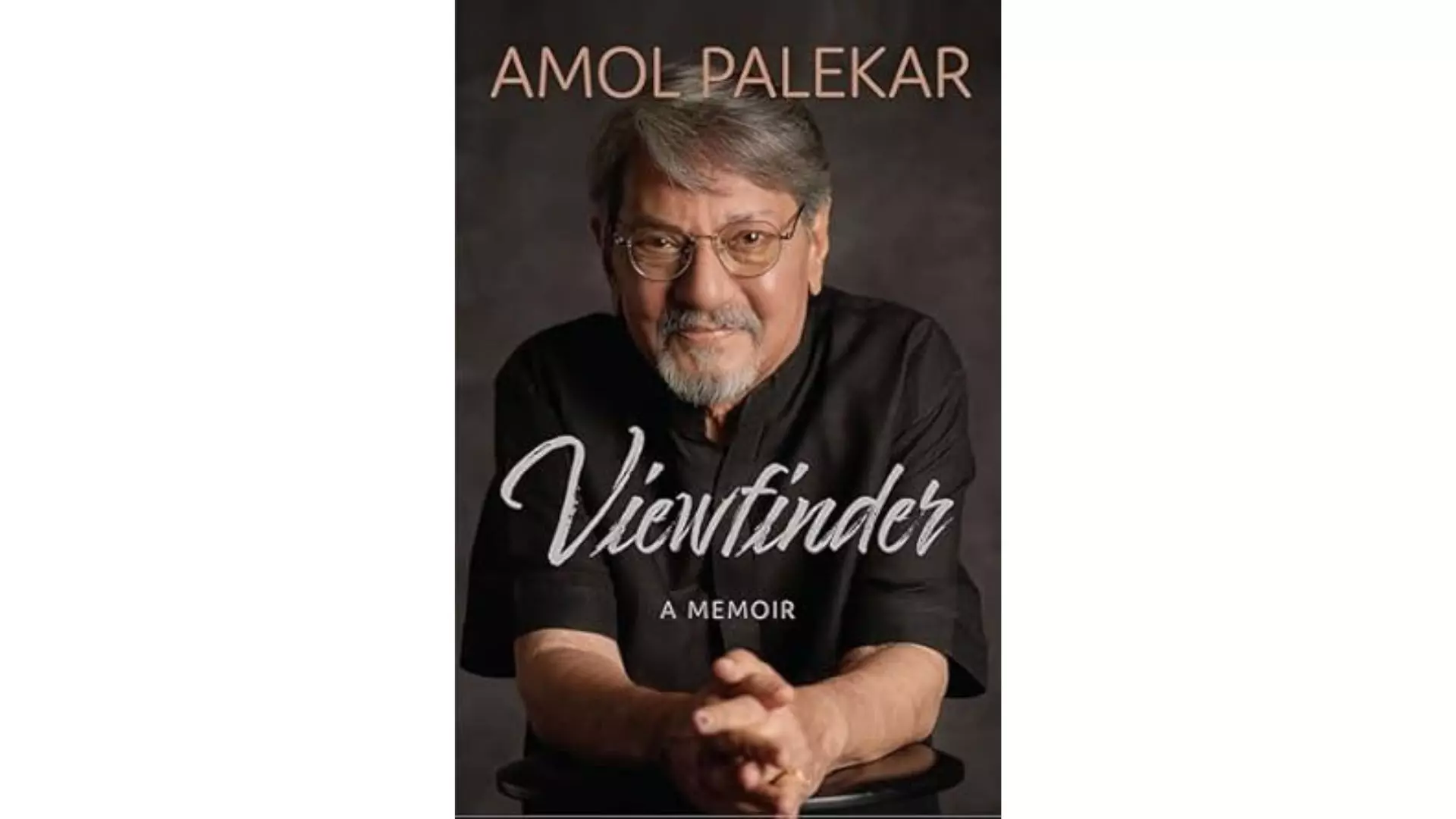
Amol Palekar has a special place in the hearts of those of us who grew up watching him in such delightful films as Golmaal, Chitchor, Baton Baton Mein and a host of others. With his clean, boy-next-door look and his lack of filmi machismo, he was the quintessential everyman — perfect for the gentle romances and romantic comedies by filmmakers like Basu Chatterjee and Hrishikesh Mukherjee. But there is a lot more to Palekar than those evergreen films that most people know him for. Viewfinder, his memoir, gives us an insight into the richness of his oeuvre that straddles both films and theatre, as an actor as well as a director, and his myriad experiences as a creative artist.
Before he became a theatre actor, almost by chance, as it were, Palekar had been keen on a career in the visual arts. He passed out of Mumbai’s JJ School of Art, and while he continued to paint, he also took up a banking job for a stable source of income. But then theatre found him. Mentored by the legendary theatre director Satyadev Dubey, Palekar acted in Hindi plays like Chup, Court Chalu Hai (1967), Suno Janmejay (1967-68) and Adhe Adhure (1968), garnering considerable praise from theatre aficionados. Soon, he started directing plays and also acting in Marathi cinema. Then, in 1971, Basu Chatterjee asked him to play the lead in his film Rajnigandha. An understated urban romance with hauntingly beautiful songs, the film was a runaway hit, and Palekar was catapulted into stardom.
Many of the Hindi films that Palekar acted in were critical and commercial successes and, eventually, he turned to direction as well. But more than the account of his impressive body of work, what will interest his fans most in this book are the memories that he shares about his close association with so many legends of his time — playwright Badal Sircar, directors Basu Chatterjee and Hrishikesh Mukherjee, actors Amrish Puri and Shashi Kapur, music composer Jaidev, classical vocalist Kishori Amonkar and several others. His deep affection and regard for them and his sense of loss at their passing is evident, as is the 80-year-old actor’s own intimation of mortality.
The elegiac note apart, there is a seam of bitterness that runs through the memoir, bitterness at the fact that he often lost out owing to his principles and his unwillingness to give in to the quid pro quo culture of the film industry. This is most pronounced in the first part of the book, and could well discourage a reader to delve deeper into it. There is also a certain rambling haphazardness about the narrative, which detracts from its cohesiveness as a memoir.
An interesting aspect of Viewfinder is that it is peppered with QR codes which take the reader to clips of films that he directed or acted in. Clearly, Palekar, who believed in experimentation in his theatre and cinema, is not afraid to push the boundaries in his memoir.
Viewfinder: A Memoir
By amol palekar
Westland
pp. 320; Rs 599





